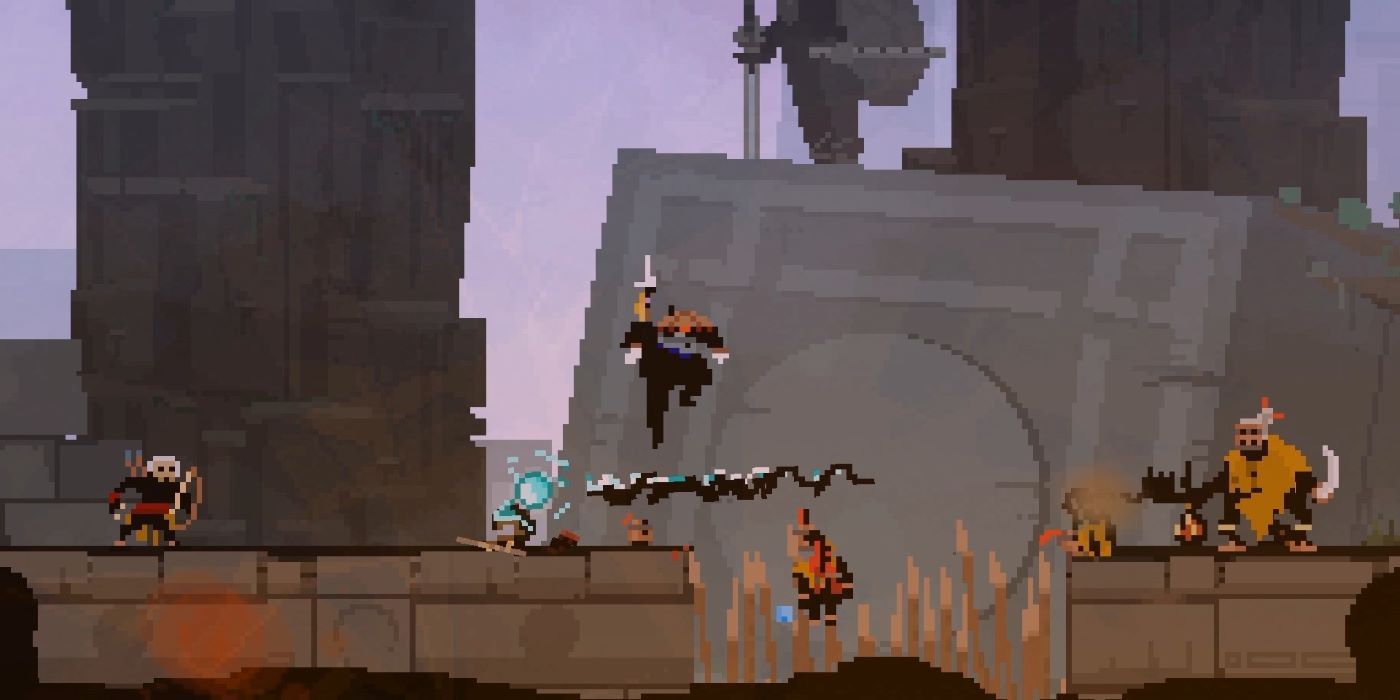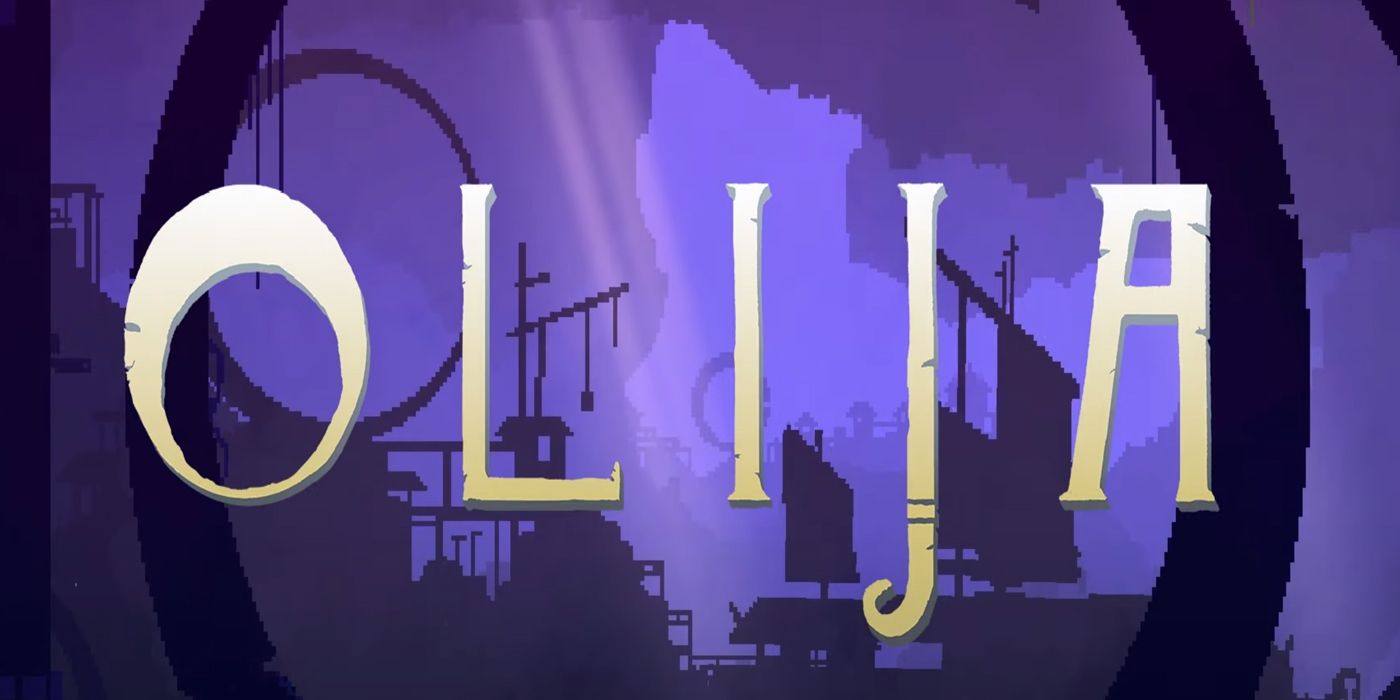
Devolver is pretty young as far as game companies go. It's been in the industry for eleven years, but it's done well for itself. Devolver gets credit for publishing a lot of indie games, frequently bringing gems like Hotline Miami and Fall Guys: Ultimate Knockout to the attention of players everywhere. One more game that Devolver published recently is Olija, an action-adventure platformer by Skeleton Crew Studio. This pixelated platformer was received warmly on the whole, receiving accolades for its storytelling while dipping into genre conventions of extraordinary difficulty. Skeleton Crew's aim was to tell a story, and many critics agreed that it delivered.
What's interesting about Olija, though, is how similar it is to another game when examined closely. Although they're still very different games on the whole, there's actually a lot of commonalities between Olija and Ghost of Tsushima. It seems likely that the similarities are total coincidence, but it's enough to be significant. Ghost of Tsushima tells a story that Olija almost seems to approach from the opposite angle, while still preserving some similarities in character relationships. It's always amusing when two games happen to mirror each other well this way. Devolver's Olija might be similar enough to Ghost of Tsushima that fans of the PlayStation exclusive should consider giving it a try.

The core narratives of Olija and Ghost of Tsushima have a lot of similarities. Jin Sakai, the protagonist of Ghost of Tsushima, finds himself a lone warrior on Tsushima Island after a Mongol invasion wipes out his allies. He's determined to take back the island, however, and takes it upon himself to fight the Mongols. Over the course of the game, he also collects several allies, like the thief Yuna who frequently collaborates with Jin. Jin is the nephew of the captured lord of Tsushima Island, so he has political reasons for ensuring the safety of the island too.
In Olija, players take control of Faraday, a community leader who went in search of resources to help his impoverished community. He ends up stranded and alone on an island unfamiliar to him, and ends up in battle with unfamiliar forces. What's more, there's a parallel for Yuna on top of the similar war-torn island narrative. The titular Olija is actually a noblewoman that Faraday joins forces with. Ultimately, both Faraday and Jin Sakai are men who are determined to do what's right for their people while leaning on the help of a strong woman in their lives.

There's other smaller details that make Olija feel a bit like Ghost of Tsushima. Faraday wields a magic harpoon in combat that he frequently uses as a grappling hook to get from place to place. That's not unlike Ghost of Tsushima's own grappling and vertical platforming elements. There's also opportunities to duel with NPCs alongside the fast-paced combat in Olija, not unlike Ghost of Tsushima's own options to duel. Little details like these seem to bring the two games together.
At the end of the day, Olija and Ghost of Tsushima are still incredibly different games. Olija's stylized, low pixel art and focus on platforming and 2D action make it very different from the highly realistic, historically inspired action-adventure of Ghost of Tsushima. Still, that just means Olija is an interesting alternative for players who want to play a game with Ghost of Tsushima's themes that presents them in a different light. The power of indie games can never be underestimated; critics agree that Olija's storytelling makes an impact, proving the creative potential of a small studio like Skeleton Crew. Even the smallest indie game is sometimes worthy of a comparison to a giant like Ghost of Tsushima.
Olija is available now on PC, PS4, Switch, and Xbox One.




0 Yorumlar